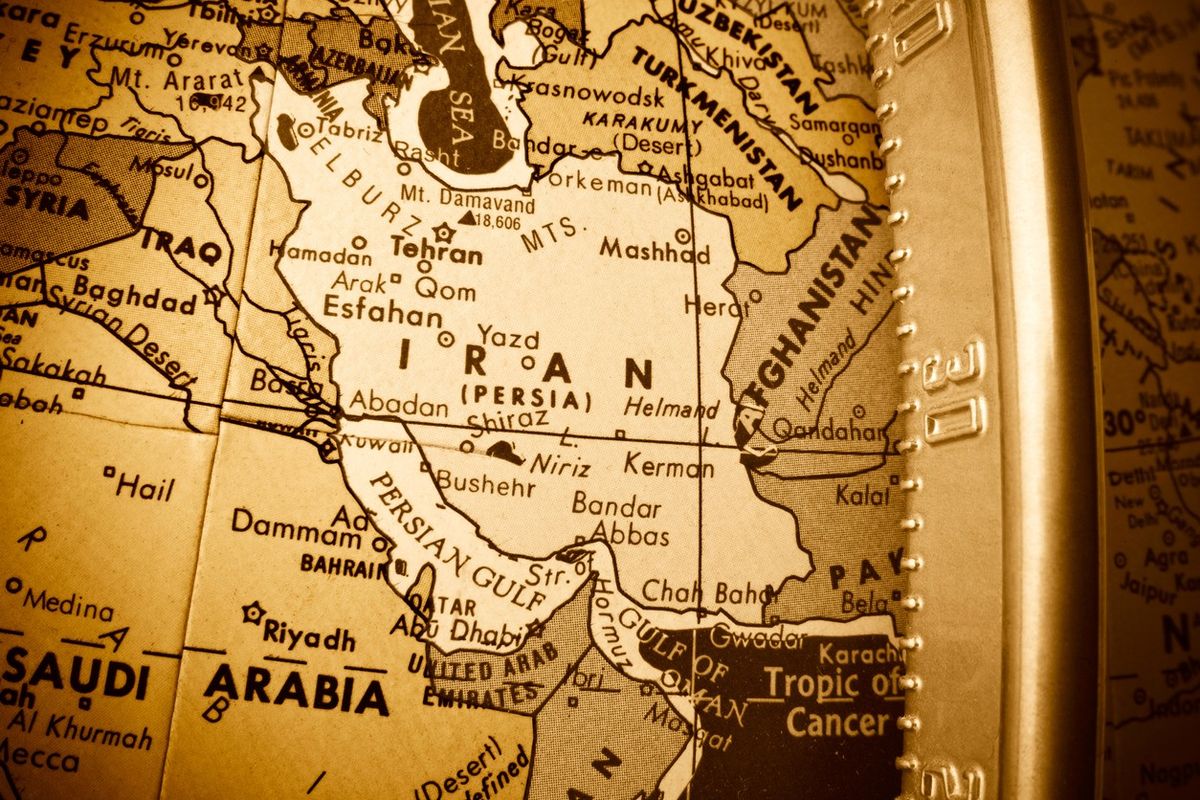The use of cyber capabilities to influence geopolitical confrontations has become more and more common. Even those countries who are not major global powers are turning to digital avenues to engage in information warfare and covert influence. The Cipher Brief’s Levi Maxey spoke with Rhea Siers, the former Deputy Associate Director for Policy at the U.S. National Security Agency, about the geopolitical ramifications of recent reports of the United Arab Emirates using cyberspace to escalate Gulf confrontations with Qatar and how it indicates a broadening use of cyber subversion in geopolitics for countries new to the virtual chessboard.
The Cipher Brief: Could you explain what the alleged UAE hack against the Qatari new agency included and whether it impacted the regional discord we are now seeing in the Gulf? What are the regional dynamics leading up to the hack?
Rhea Siers: It appears that the hack included not just Qatari government news but also social media sites. A number of allegedly phony quotes by Qatar’s ruler, Sheikh Tamim Bin Hamad al-Thani, were posted. The “fake” Qatari news report stated that Qatar was improving its relations with Iran and Israel, supported Hamas, and rejected the Gulf Cooperation Council (GCC). The quotes themselves seem designed to focus attention on Qatar’s financial support for the Muslim Brotherhood, Hamas, and Hezbollah as well as the role of Al-Jazeera in Gulf and Egyptian affairs.
Back in June, there were reports that the Russian “hackers for hire” were involved and planted false stories to stir up the region; the FBI has sent a team to Doha to assist the Qataris in their investigation. By July, “U.S. intelligence sources” told the Washington Post there was information that senior UAE government officials discussed this type of disinformation campaign. However, there has been no public discussion of any forensic evidence supporting a conclusion on the perpetrator. A few days later, emails allegedly hacked from the UAE ambassador to the U.S. began appearing on Al-Jazeera and elsewhere. The New York Times reported that the hacks of the UAE ambassador might be related to a group of hackers for hire in the Gulf region.
These grievances against Qatar are not at all new. The original 13 demands delivered to Qatar by Saudi Arabia, Bahrain, the UAE and Egypt are a laundry list of these complaints and pertain to Qatari external relations, support for groups viewed as a threat, and Al-Jazeera. They included a demand for Qatar to break relations with Iran and to end their relationship with the Muslim Brotherhood, which is viewed as a threat by the Gulf States and, of course, the Egyptian government. The demands were quite extensive, from shutting down Al-Jazeera – which has provided a very sympathetic platform for the Muslim Brotherhood – to ending its military cooperation with Turkey and ending its support for opposition groups such as those in Bahrain. Since then, the Saudi bloc has modified those demands to Qatari acceptance of “six principles” and a commitment by Doha to oppose terrorism and extremism.
TCB: Do accounts of the video accurately convey Qatari political positions, or was it a false narrative seeking to defame the Qatari leadership?
Siers: Probably a bit of both. There have certainly been reports of Qatar’s improving relationship with Iran – which immediately came to Doha’s assistance after the Saudi bloc boycott – and even with Israel. There’s evidence that Qatar has supported Islamist groups, directly or indirectly. Qatar is one of the few foreign supporters of Hamas in Gaza but claims its support for the group is “purely humanitarian.” Top Hamas officials were resident in Qatar but they were recently told to leave by Doha, including Saleh al-Arouri, who was in charge of Hamas’ West Bank terror cells.
Qatar has also been accused of providing safe haven to Islamist opposition leaders from Saudi Arabia, Bahrain and the UAE. The Saudi bloc released a list in June with specific names, and while some of those named are known terrorist fundraisers, others lack evidence of terrorist ties. The Saudis have also accused Qatar of supporting the Houthis, the Iranian-backed rebels in Yemen. In this case, there is no evidence publicly available to support this assertion.
TCB: Is it possible the UAE had help with this hack, such as a proxy group or even assistance from a foreign government?
Siers: It’s possible. Using a proxy or surrogate in particular to provide some ability to deny attribution is nothing new – we’ve seen these tactics for years from the Russians and others. Hacking is the updated version of traditional influence campaigns or information warfare that were a major feature of the Cold War. Cyber, however, affords a much more extensive and effective reach and impact.
TCB: How is this breach similar to the Russian influence campaign in the lead up to last year’s U.S. presidential elections? Is it possible Russian tactics in the U.S. and Europe inspired the UAE? What does the hack indicate about the use of cyber capabilities in geopolitics as more countries around the world begin using cyberspace as an operational domain?
Siers: As we learn more every day about the Russian covert operation to influence the U.S. presidential election, I would have to say that the Russian campaign was much more extensive with multiple targets than the hack of the Qatari news agency or the UAE ambassador. The reality is that the shocking Russian success has certainly encouraged lesser cyber powers to consider the utility of information warfare. However, I would doubt that there is any government or even non-state actor who hasn’t already considered or planned for similar strategic activity. Even if the Qatari hack was limited, it demonstrates the ability to escalate existing conflict into dangerous destabilization with geopolitical impact beyond the region, such as the U.S. presence in Qatar.













